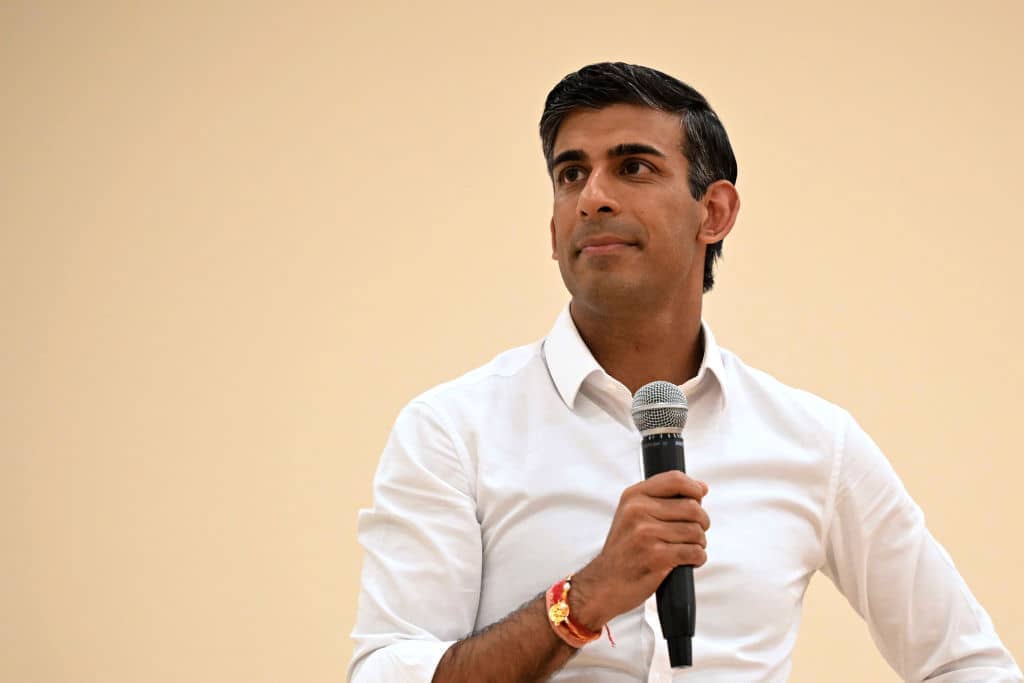When the next prime minister is installed in Downing Street on Monday, we can expect a package of initiatives to help households with their heating bills. But will Rishi Sunak’s existing scheme – which promised £400 worth of handouts to every household – survive if, as expected, Liz Truss walks into No. 10? The scheme has already been heavily criticised because it is not means-tested and fails to target help towards the poorest.
But this morning came bad news: the Office for National Statistics has decided to treat the £400 handout as extra income, not as a reduction in bills as was intended. This matters because it means the scheme will not help to reduce inflation. Had the ONS instead decided that the handouts would constitute a reduction in prices then it would, according to Deutsche Bank, have helped to shave 2.7 per cent off RPI, which currently stands at 12.3 per cent (more than 2 percentage points above CPI). And RPI matters: around a quarter of the country’s debt is fixed to it. A different decision could have saved the government around £14 billion, according to Bloomberg estimates.
What neither party has so far proposed is an energy cap which applies only to a household’s first few hundred kWh
The ONS’s decision provides a boost for Keir Starmer, whose proposal to freeze household bills for six months at their current level, before the October rise in the price cap comes into effect, would certainly help to curtail a rise in RPI. Starmer has argued that money saved on servicing government debt would help to pay the £29 billion cost of his scheme – although the Institute for Fiscal Studies has described this as illusory, as it would just delay a rise in inflation.
Starmer’s scheme, however, is even more open to criticism than Sunak’s when it comes to helping wealthy householders. Under Sunak’s scheme, the maximum gain is £400. Under Starmer’s, the bigger your home, the higher your energy bills, the more you gain.
What neither party has so far proposed is an energy cap which applies only to a household’s first few hundred kWh or therms. That could be set at a level to help people with average-sized bills – while allowing energy companies to charge much higher, uncapped, prices for above-average usage. That would concentrate help on those living in small properties (but could penalise those with draughty homes or elderly people who like having warm homes) while limiting the amount of public subsidy required to fund the scheme.
Presumably Truss has a scheme up her sleeve. She will certainly be expected to deliver something meaningful – especially since Boris Johnson has suggested that public help is on its way.







Comments